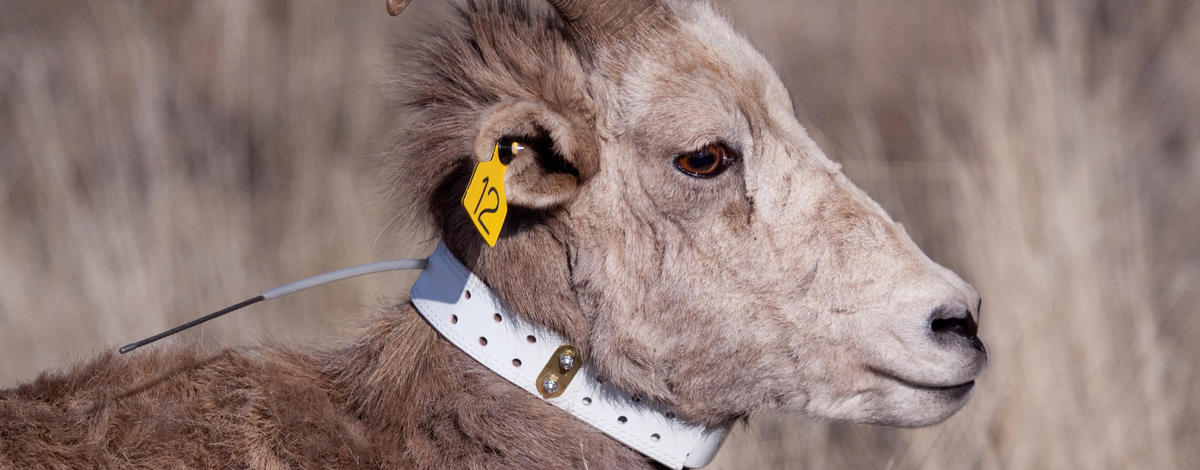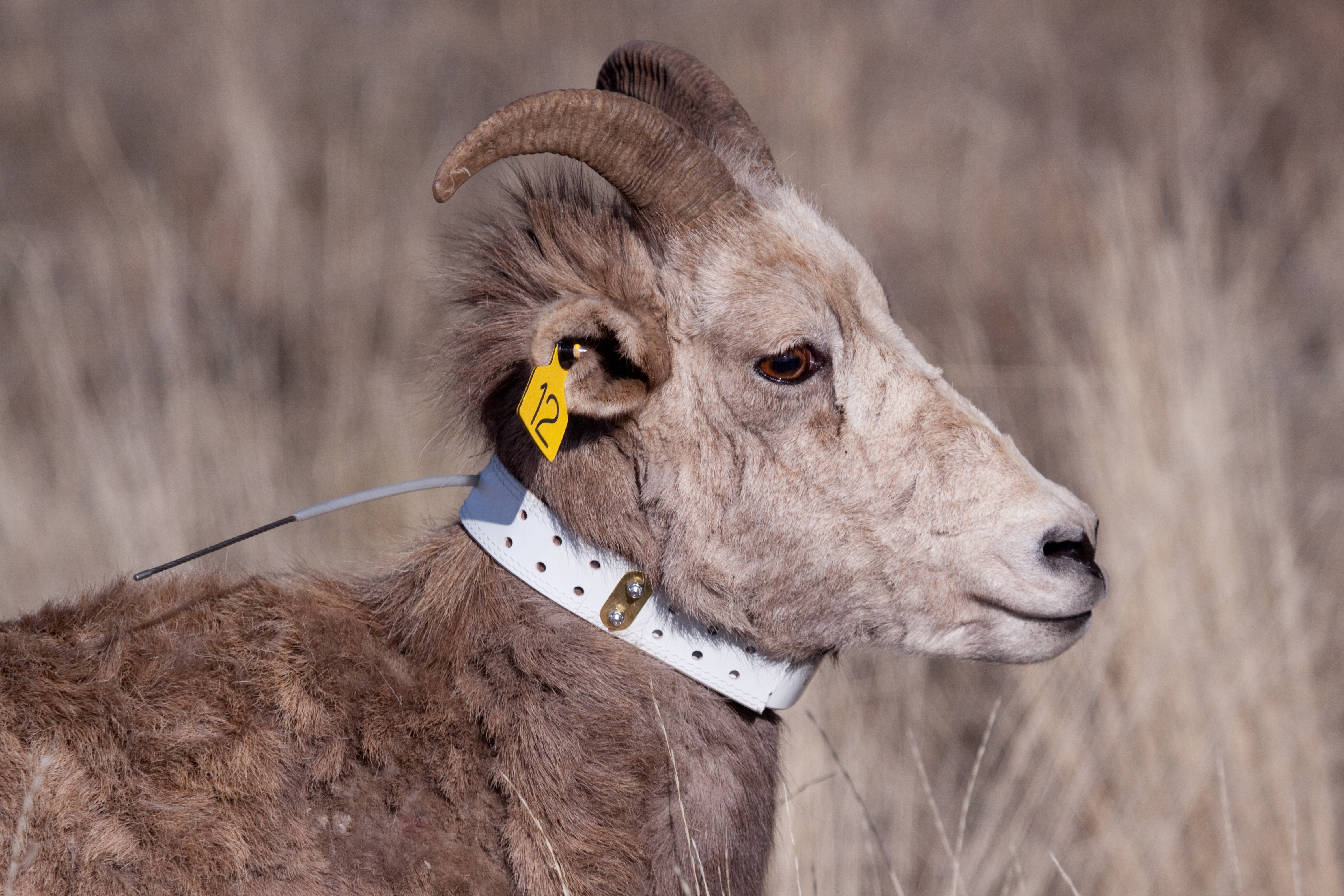Idaho Department of Fish and Game is working with the Idaho Wild Sheep Foundation on its third year of a research program in the Salmon Region to improve bighorn sheep populations.

Bighorn sheep capture effort scheduled in Salmon Region

In early February, Fish and Game will capture and radio-collar bighorn sheep from the Lower Panther-Main Salmon River population in addition to other areas in the region. Bighorns will be captured, sampled for disease, biological data collected, and fitted with a radio collar for tracking. For safety, the public is encouraged to avoid areas if they encounter capture work crews.
Each collar is fitted with a drop-off mechanism that will cause it to fall off the animal in three to four years. This will allow Fish and Game biologists to track individual health status and their interaction with the rest of the population. Throughout the year, lamb surveys will be conducted, and survival will be monitored.
Across the western United States, disease has been found to be the single largest limiting factor for wild bighorn sheep populations. Disease has been found in the Salmon Region populations and this collaborative effort is to monitor the health status and actively manage the disease, particularly the pathogen Mycoplasma Ovipneumoniae, referred to as Movi.
While some sheep build an immunity to the disease, unfortunately, a critical part of the population - lambs born each spring - have not had the opportunity to build immunity. Lamb survival to adulthood is typically very low in populations where Movi is present and prevents population recovery.
The hopes are that this relatively short-term disturbance to these populations will lead to the long-term improved health and growth of populations across the entire state.
For more information regarding Idaho’s bighorn sheep management and this ongoing capture effort, contact the Salmon Regional office at 208-756-2271.
